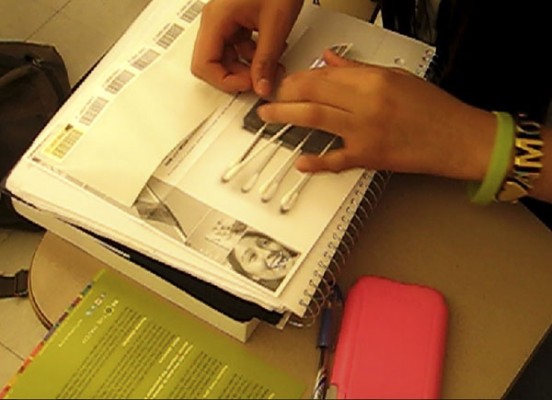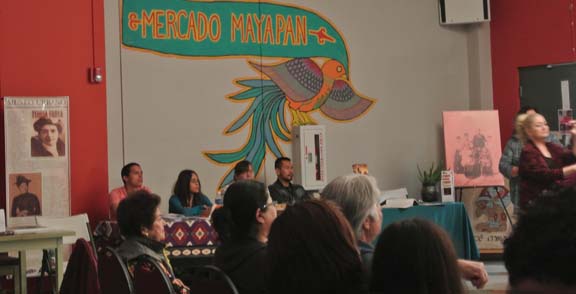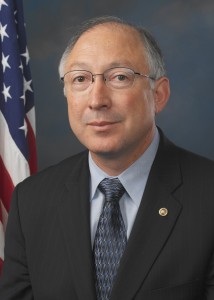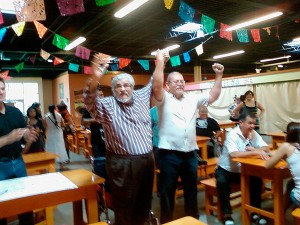Bone marrow donor program seeks Hispanics to help save lives of Hispanics
|
“Wait a minute, this wont hurt at all will it?” Anthony Aguilar asks while holding a registration packet for Be The Match, a project to match donors with people who need bone marrow transplants. That’s the most common question asked, says Anita Gonzales Southwest representative for Be The Match, which is operated by the National Marrow Donor Program to help match healthy bone marrow donors with patients battling illnesses like leukemia, sickle cell anemia, or other life threatening blood diseases. Gonzales explains that the registration process doesn’t require needles
“It’s the most simple and painless process really,” Gonzales says. “Its a simple saliva sample. It’s a sterile medical swab, you take it and run along the inside of you’re cheek, up and down ten times, put it in the registration envelope, and just like that the process is done.”




